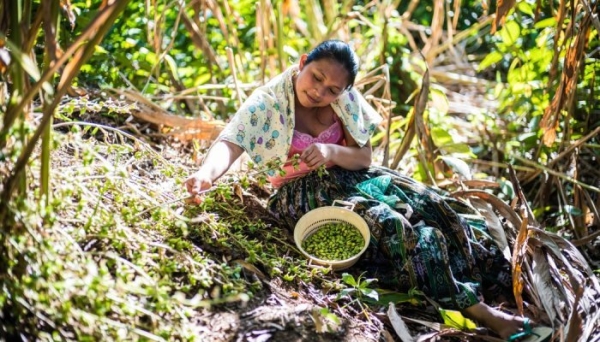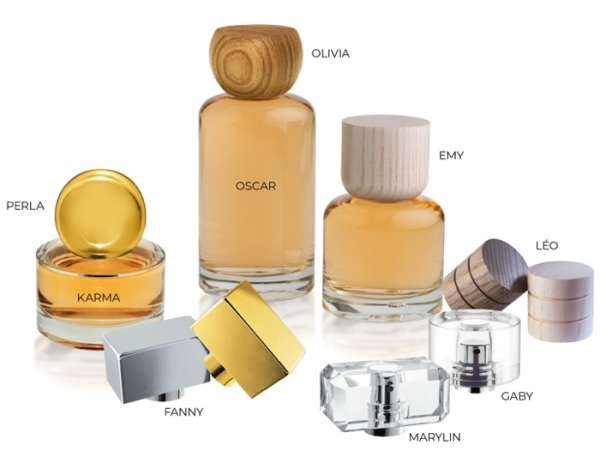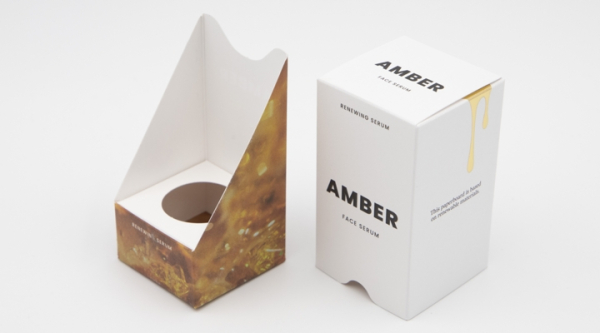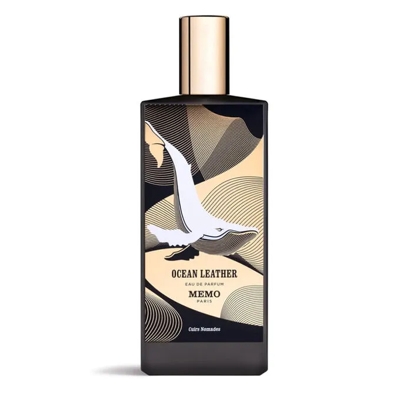
Specializing in perfume ingredients sourced from Latin America’s biodiversity, Nelixia is a key producer of guaiac wood. The company will participate in the next World Perfumery Congress (WPC) in Geneva, within the Naturals Corner organized by Resperfuma. Elisa Aragón, the company CEO, talked to Premium Beauty News about her approach to sustainable sourcing.
“As a producer of natural ingredients, we are particularly aware of our responsibilities regarding people we work with but also regarding our amazing yet fragile biodiversity,” says Elisa Aragón, co-founder and CEO of Nelixia.
This sensitivity to sustainability issues is all the stronger as the company is a major supplier of guaiac wood, a key ingredient in many perfumes, whose trade is severely controlled by CITES [1] due to the poor conservation of this endemic tree that grows exclusively in the wild forests of El Chaco in Paraguay.
Headquartered in Guatemala, Nelixia sources natural ingredients (ambrette, guaiac wood, cardamom, patchouli, Peru balsam, pink peppercorn, etc.) from a network of 2,000 producers across Latin America — from Guatemala, to El Salvador, Honduras, Peru and Paraguay — and transforms them into essential oils, absolutes and retinoids that will be used by the perfumery and flavors industries.
“Each value chain has its own challenges, which are usually interlinked to those of the community and the countries and regions where natural resources are exploited,” highlights the CEO.
“Know the source”
Given the great diversity of situations it has to cope with, the company has developed a robust methodology to address the multi-dimensionality of sustainability issues. “It is based on six fundamentals, so that each ingredient can be ethically produced and certified,” explains Elisa Aragón.
“Know the source”, is the first fundamental of Nelixia’s sustainable sourcing methodology. It consists in understanding the source of a natural ingredient at all levels through a comprehensive risk assessment. Questions include: Do producers only rely on that specific raw material? Is the culture a deforestation threat? Are farmers using forbidden pesticides?
Once the assessment is done, an action plan can be implemented, in line with the second fundamental of Nelixia’s methodology: “Involve and respect.”
“This is where it gets complex, as action plans needs to be custom made for each specific ingredient and area,” says Aragón. “For cardamom, one of our main products, we have a framework action plan for the ingredient, but then we have 18 different local plans for our value chains. Indeed, we cannot work the same way as with a community that lives in the border of a natural reserve as with one that is surrounded by urban areas. The actions around water, biodiversity for example needs to be customized.“
In 2022, in order to assess the impact of its actions, Nelixia partnered with two scientists, specialized in satellite images. The images showed that Nelixia’s actions related to Peru Balsam had a direct and positive impact on forest biomass. The balsam forest managed by Nelixia increased its biomass by 4.5% from 2016-2022, when compared to other forests of Peru balsam in the region.
Guaiac wood from Paraguay and cardamom from Guatemala
Nelixia will showcase their iconic ingredients at the World Perfumery Congress (WPC) from June 24-27, 2024 in Geneva, Switzerland, alongside six other independent producers and suppliers of natural perfumery ingredients united in a common stand under the “Naturals Corner” banner.
The company will put the spotlight on its two hero ingredients: guaiac wood, of course, for which Nelixia has established a forest management plan since 2018 with 100% of the sourcing being audited by the Union for ethical biotrade (UEBT) since 2021. Then cardamom, produced from Guatemala by small scale farmers, for which producer associations were crated to generate highly productive agroforestry models without the use of pesticides.







